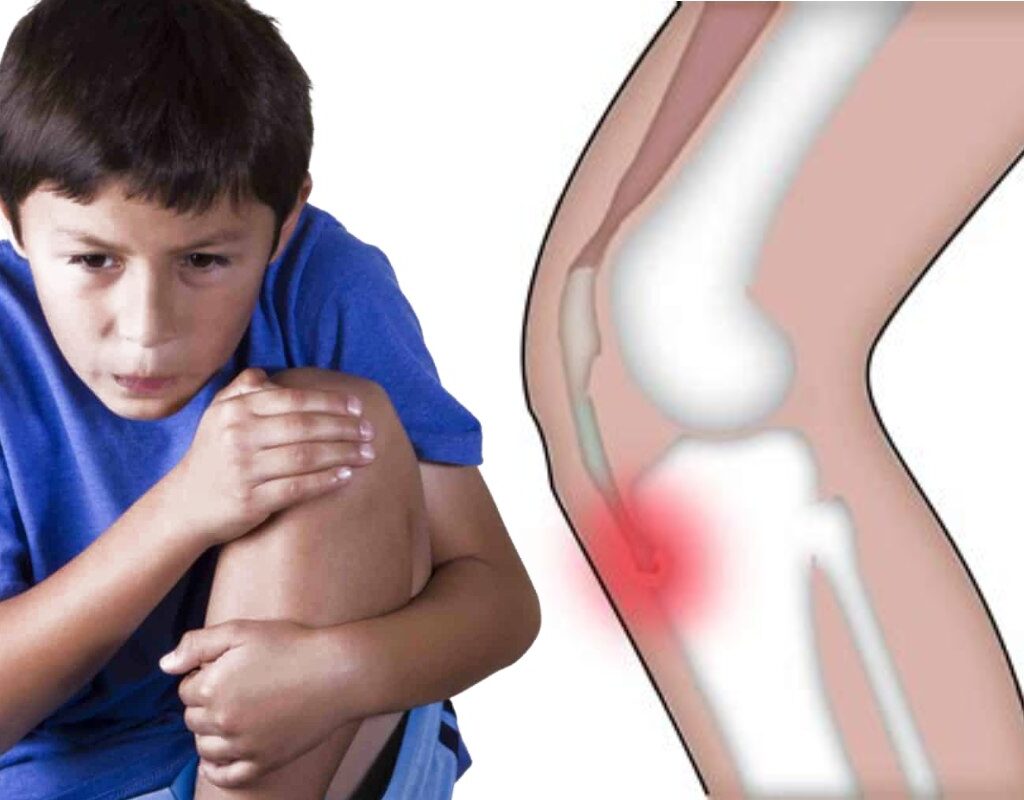Belonging to the third embryonic stage, which focuses on movement and assessment, Osgood-Schlatter disease is a condition characterized by insertion tendinopathy.
Osgood-Schlatter Disease According to Biodecoding — Emotional Conflicts
This condition commonly affects young people in full development, mainly those between the ages of 10 and 16.
The injury occurs in the area where the patellar tendon is inserted into the tibial tuberosity. Here, the force exerted by the tendon can become so intense that it tears off the periosteum, the membrane that covers the surface of the bones.
The pain associated with Osgood-Schlatter disease usually occurs during and after physical activity.
How Biodecoding Interprets Osgood-Schlatter Disease
From the Biodecoding approach, the onset of this disease is related to an internal conflict of devaluation and submission that has persisted for several months.
It is interpreted as resentment that one cannot or does not want to “go through the father’s law” reflecting the resistance to bending or submitting to certain circumstances or people.
This translates into negative thoughts and emotions towards oneself such as “I am null”, “I have not achieved results” or “I have felt powerless”. In turn, these emotions may be accompanied by a sense of lack of respect for oneself or others.
Mind-Body Connection: Biodecoding Osgood-Schlatter Disease
Osgood-Schlatter disease presents itself visually as follows:
In a healthy leg, the patellar tendon, located under the kneecap, attaches to the shin bone or tibia in the tibial tubercle. In contrast, in Osgood-Schlatter disease, the tibial tubercle is enlarged and inflamed and is often sensitive to touch or pressure.
From a biological point of view, this disease causes a softening of the periosteum due to a feeling of devaluation associated with the integrity of this tissue. The tendon experiences tension as a result of a movement of resistance to genuflection which is interpreted as a symbol of submission.
In adolescents, this biological conflict may be a reflection of the internal struggle between their natural impulses and the need to constantly repress them. This state can be an indication that they do not want to “go through the father’s law”, representing the struggle with authority figures or imposed rules.
Devaluation is accompanied by submission and a sense of disrespect which requires attention. Therefore, it is important to be aware of the changes and needs of our young people.
Dedicate quality time to them and support their harmonious growth. This is the best way to accompany their development and help them overcome the difficulties associated with adolescence.
Emotional Causes of Tendinitis: A Biodecoded Approach
Learn about the deep connections between your emotions and tendonitis through Biodecoding. Explore the different types of tendonitis, from the elbow to the knee, the heel and the shoulder, and discover how the meaning of this condition varies depending on the area of the body affected… read more»
Transform your emotional and spiritual life with a personalized tool
Discover the power of Biodecoding combined with Kabbalah. Through your Personal Kabbalistic Tree, designed based on your name and date of birth, you’ll receive a practical guide to work on your emotions and achieve holistic well-being.





